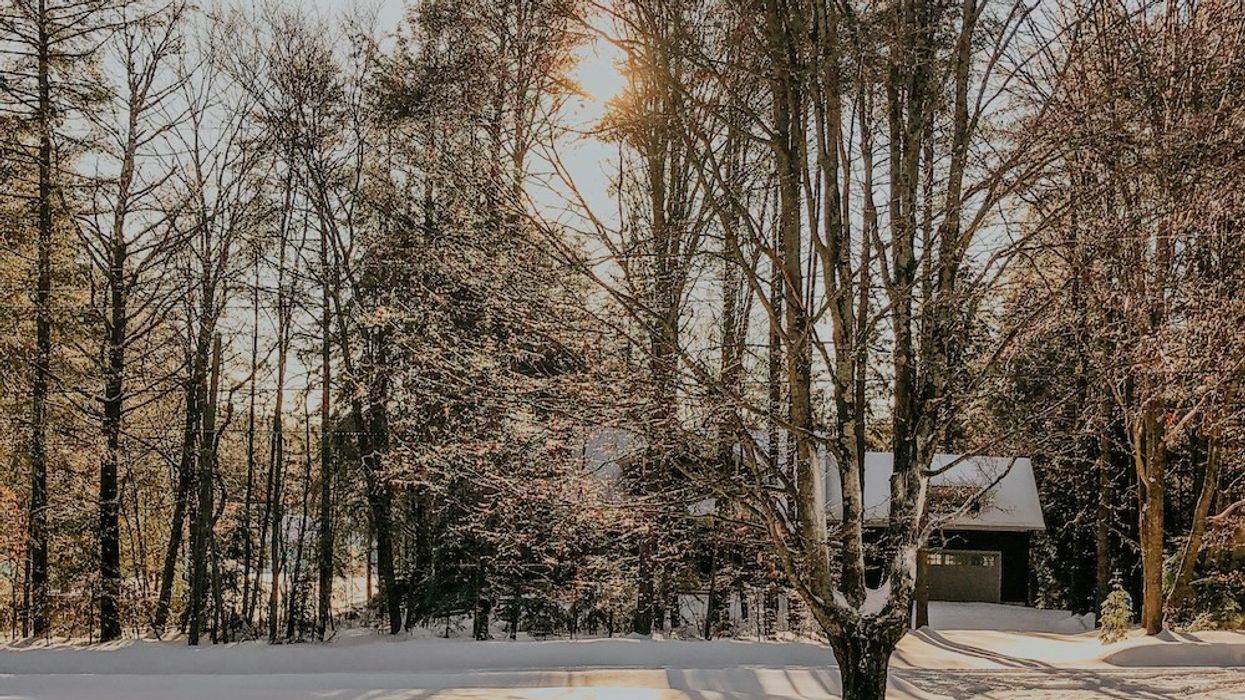Spring may not be here quite yet, but recent (and forecasted) temperatures in Muskoka might argue otherwise. With days consistently coming in well above 0°C in early March, it's certainly time to start thinking about opening the cottage for the warm season ahead.
Even while it's still winter, there are several ways you can approach your cottage to ensure an easy spring opening.
In fact, I recommend a mid- to late-winter visit to your Muskoka property — especially if you don't use your cottage in all four seasons — to ensure that everything's looking well and you can get ahead of any issues before the spring rush.
READ: Muskoka Rentals Could Soon Face Restrictive Licence Requirements
For a review of best practices for care, maintenance, and pre-season cottage preparations, be sure to read through my curated list below.
Clear the Roof
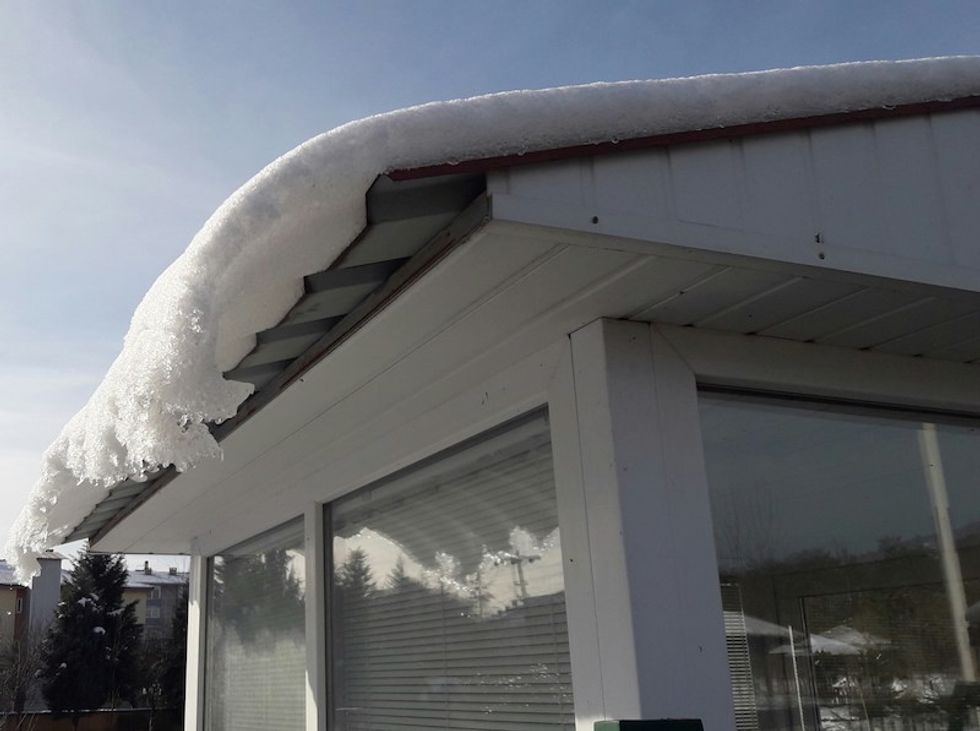
It's possible that with the season's frequent snowfall and sub-zero temperatures, there's now a buildup of snow sitting atop your cottage's roof. This time of year, it's wise to have someone check the snow load on the roof and, if it's substantial, try to get it shovelled off to reduce weight stress.
Clear the Road, Too
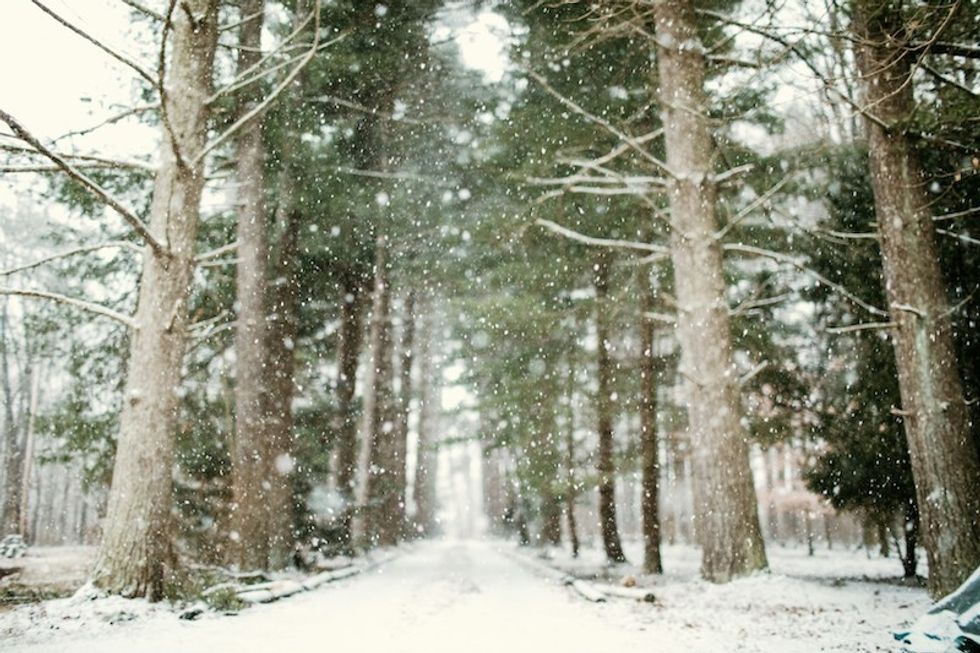
This one's important for your own safety, and for the safety of your cottage's year-round insurance policies.
In order to make sure there's no trouble on either side of the coin, be sure that the local municipal or private road, and your driveway, are both plowed year-round. This helps ensure that if it's necessary, fire department access isn't limited.
Carve Out a Path to Your Propane
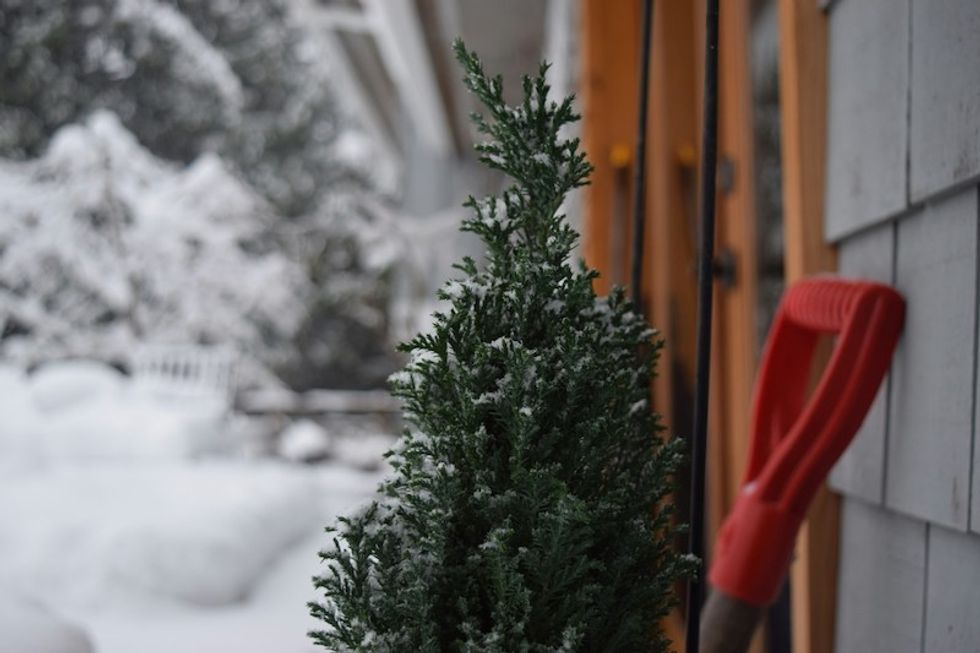
Another path that you'll want to ensure is clear is that to the propane tank that serves your property, if you have one. Even in the thick of winter, it's best to make sure that there is a shovelled path providing access to the tank, so that the local propane company can complete refills if and when they're needed.
"Beware of Bubbler!"
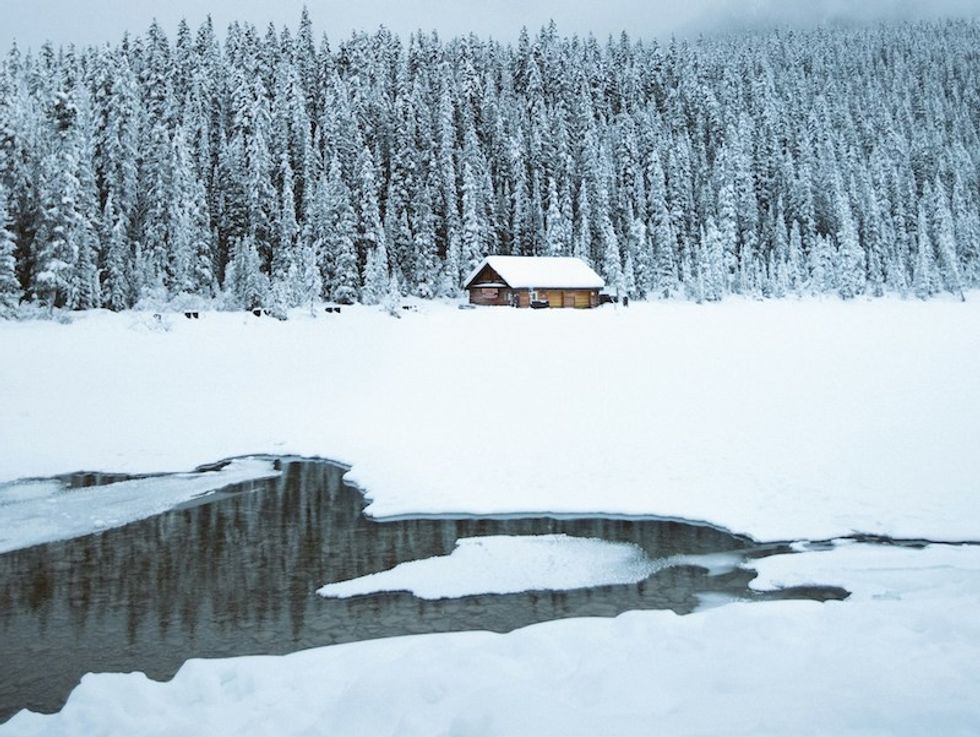
Lots of people spend the winter season continuing to enjoy their cottages, going for long snowshoes and zipping around the frozen lakes on their snowmobiles.
If you have a boathouse with a bubbler running throughout the winter to prevent ice damage, make sure that you have large warning signs on the boathouse for the safety of passing snowmobilers.
Generate a Backup Plan
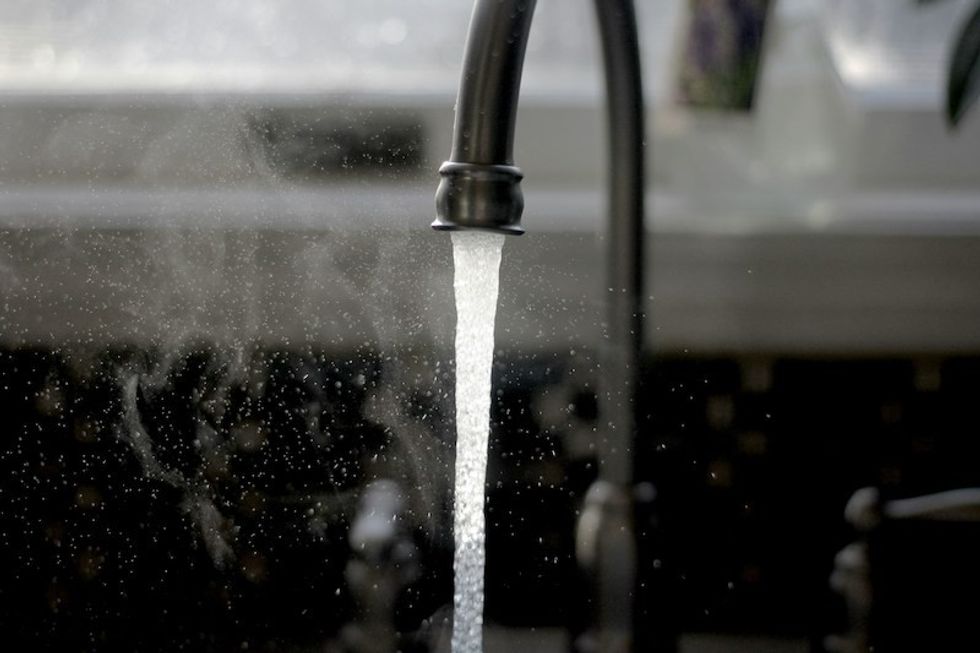
Winter, with its frigid temperatures and falling ice, can be unpredictable. This remains true right until the very end of the season (and sometimes, even into the early spring).
If you use your cottage in the winter months, it might be helpful to explore the option of installing a back-up generator, in order to protect refrigerated food and the potential for plumbing system damage during power outages.
Confirm Your Internet and Phone Connections

Another one for those who prefer to use their cottage year-round, or who like to get up there in early spring (when heavy rains can result in power loss): Ensure you have reliable internet and phone service year-round, for safety purposes.
And, related to the point above, having a generator to fall back on can help you access the internet in the case of a power outage.
Stay Vigilant On Icy Surfaces
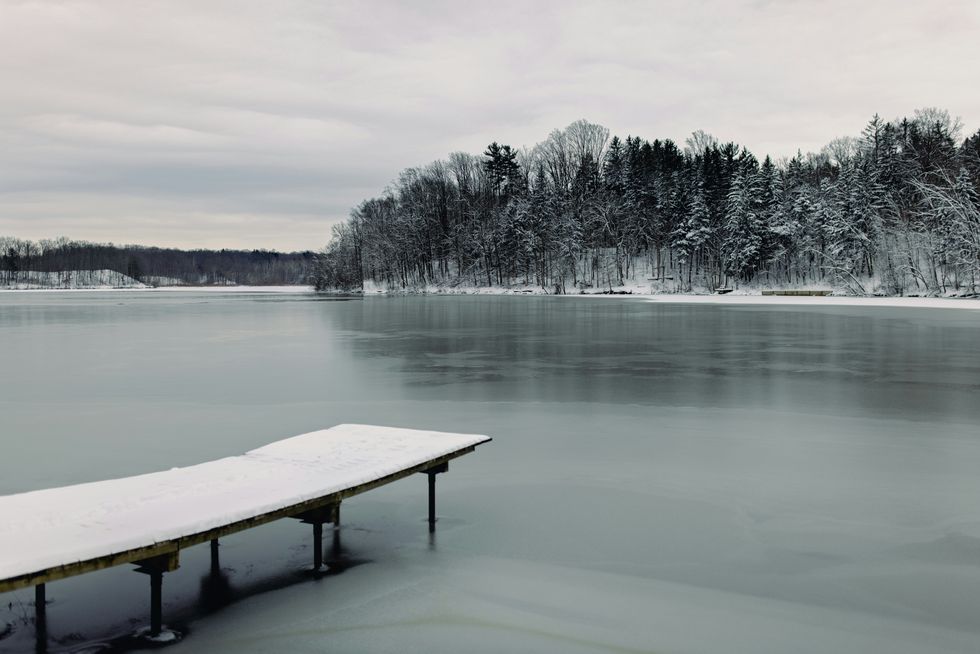
If you're headed up to the cottage for some winter maintenance and you haven't gotten familiar with the water's freezing patterns, don't put your trust in a lake surface that appears to be frozen. In all cases, be very careful when venturing onto frozen lakes, as ice depths vary depending on the currents running underneath.
Protect Your Pets
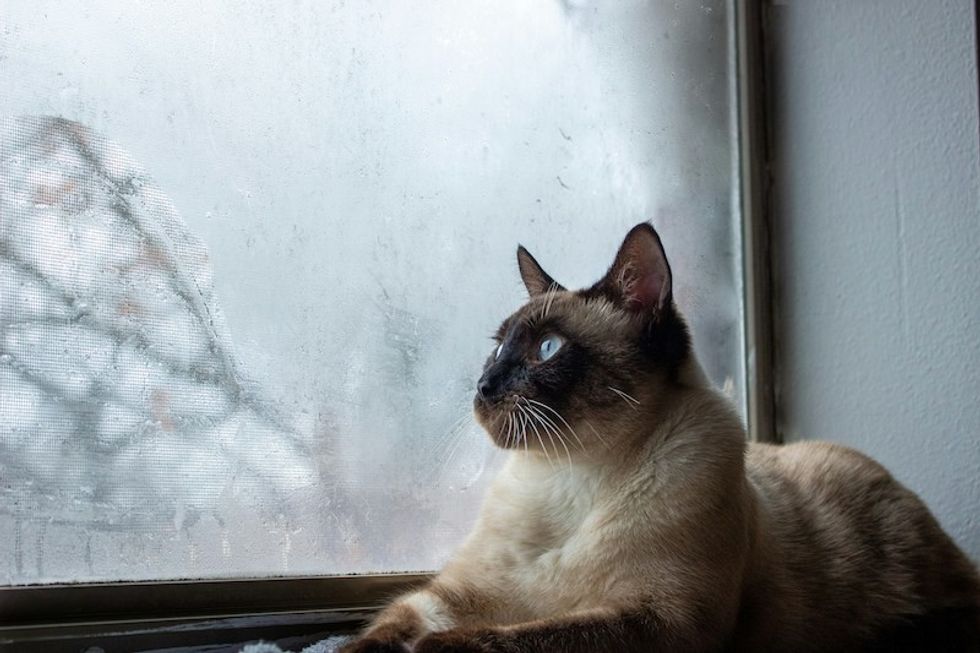
______________________________________________________________________________________________________________________________
This article was produced in partnership with STOREYS Custom Studio.
